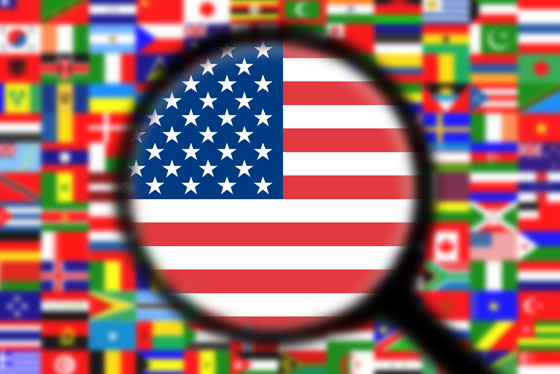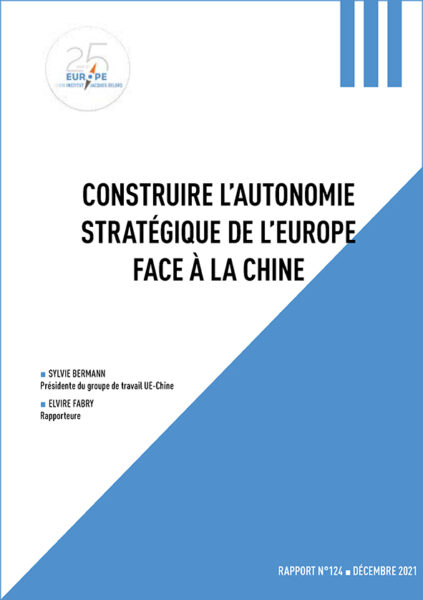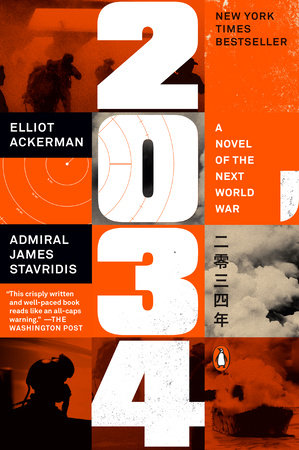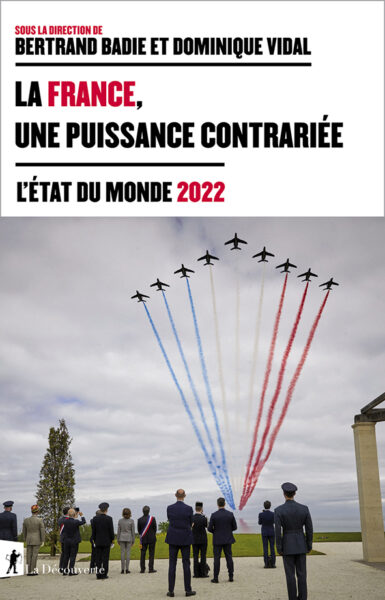In November 2016 it will be up to America’s voters to decide who will take over from Barack Obama in January 2017 as the next president of the USA. Before that date, at their respective primaries, the two main parties on the American political scene –the Democrats and the Republicans– will have to choose the candidate to represent them in the presidential election. In recent years, in a context heavily shaped by economic preoccupations, foreign policy questions have been somewhat on the back-burner. Of the key issues in the campaign, it may be the case, given recent events (such as the increased number of terrorist acts carried out in the name of radical Islamism, including on American soil), that these questions come to play a crucial role once again.
After eight years in which foreign policy has had a less prominent place than under preceding administrations, how are the different contenders positioning themselves? Laurence Nardon, a specialist in US studies at the French Institute of International Relations (IFRI), has examined the question and in this article outlines the declared principles of the various candidates, both Democratic and Republican. She reminds us, in particular, of the traditional divisions in this area –interventionism/isolationism, realism/idealism, unilateralism/multilateralism– that might serve to define US foreign policy after the election of the new president.




